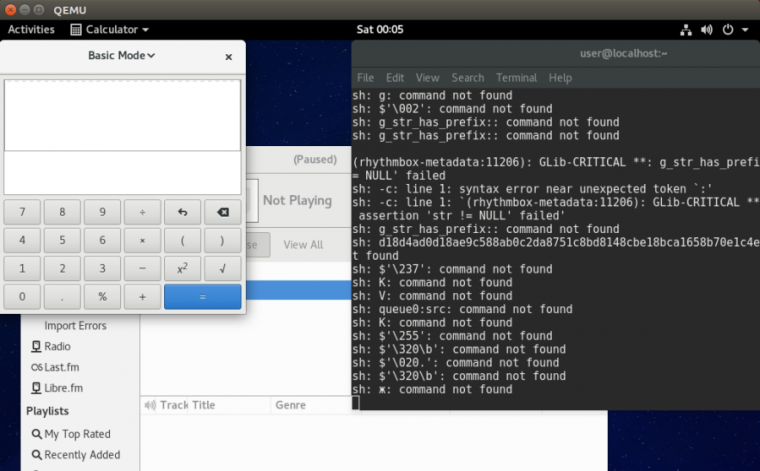TCP Flaw in Linux Servers Allows Web Traffic Hijacking – Softpedia News
Softpedia News |
TCP Flaw in Linux Servers Allows Web Traffic Hijacking
Softpedia News CVE-2016-5696 is the ID of a serious security flaw that affects the TCP implementation in the Linux kernel, which, if exploited, allows an attacker to hijack unencrypted Web traffic, or crash encrypted communications such as HTTPS sessions or Tor … Off-Path TCP Exploits: Global Rate Limit Considered Dangerous – University of California, Riverside Study Highlights Serious Security Threat to Many Internet Users RFC 5961 – Improving TCP's Robustness to Blind In-Window Attacks – IETF Tools |
